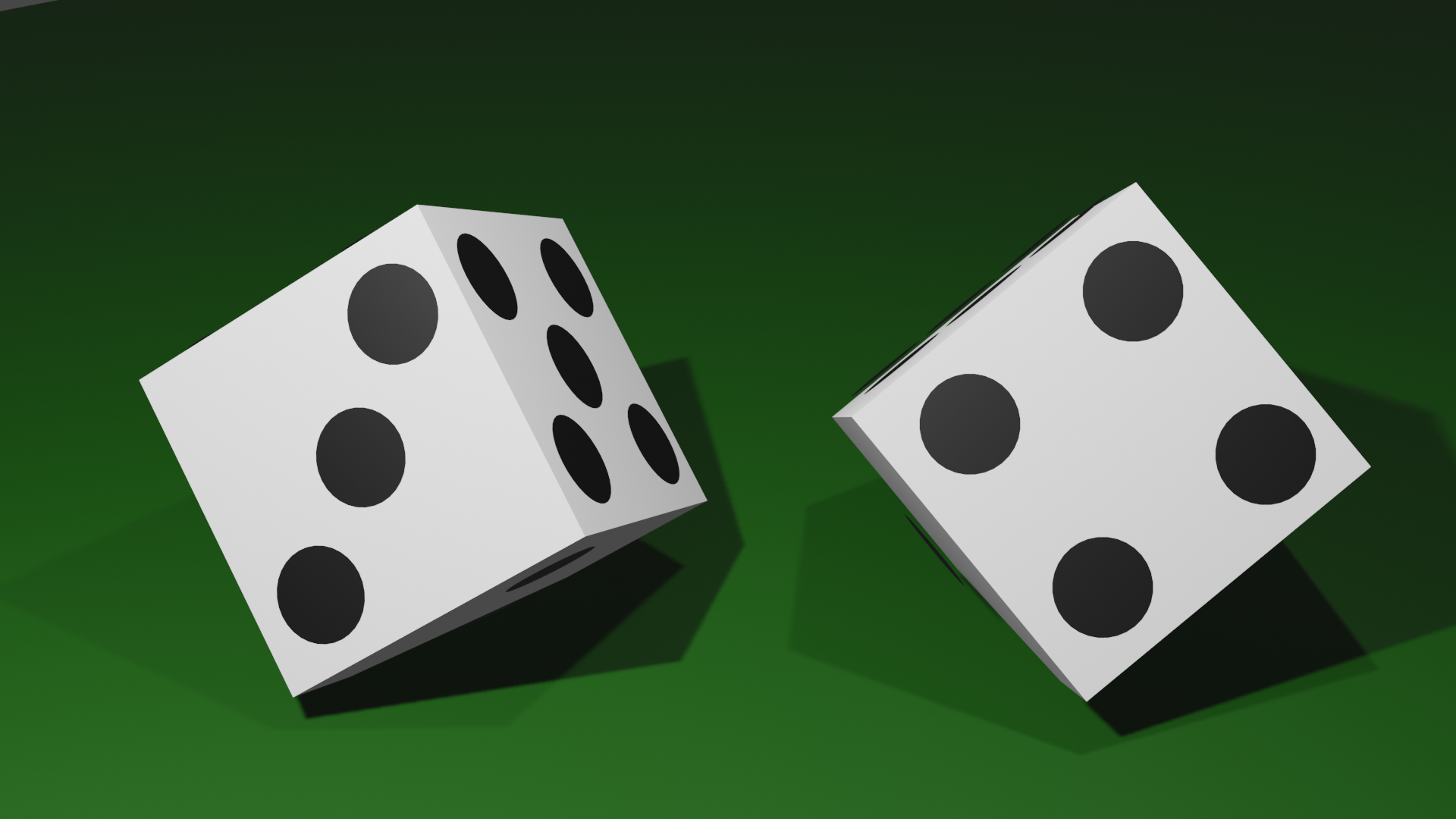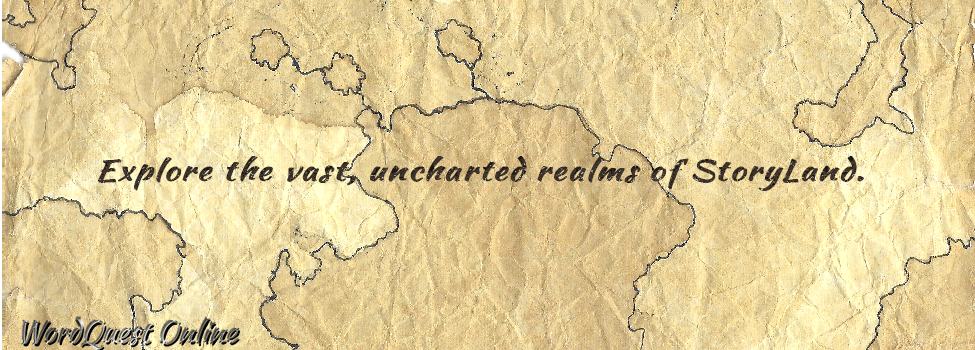
Every role-playing game uses statistics and probability to determine the outcome of player encounters with NPCs or the environment itself. Giving meaning to those numbers is the job of the game developer.
Meaningful Definitions
A meaningful definition is one that is clear, concise, and tells everyone exactly what it does and how to apply it. That’s the challenge.
It’s not enough to say that someone has a level 5 strength. What does a level 5 strength mean in comparison to, say, a level 1 strength?
This has been my quest this last six weeks: to not only determine what stats are needed for the game to work as I envision it, but to attach meaningful definitions to each of those stats.
For my game, I have decided that strength is defined by how many pounds a person can lift or carry. This clear, concise definition makes it easy to take the next step and apply metrics to my definition.
Metrics: The Calculations That Support the Definitions
Once I’ve chosen the words to describe what the statistic means, it’s time to decide on the equations that will allow the game master – or the computer, in this case – to make appropriate adjustments based on skill gains or bonuses applied.
Since I’ve chosen to define strength by how many pounds a person can lift or carry, I then researched how many pounds the strongest person in the world can lift (a surprising 1100 pounds!) and set the maximum pounds at 100 more than that.
I reasoned that the minimum is 0 pounds. This is someone who may not be capable of lifting because they have no arms, because they are paralyzed from the waist up, or even just because they are a newborn. This makes for a broader variety of stories that can be told, increases my options for NPC’s, as well as increases the level of realistic behaviors I can reproduce using code.
I wanted there to be 100 levels of potential skill gain, so after some playing around with a spreadsheet to calculate how quickly things needed to accelerate to get from 0 to 1200, I came up with an equation for strength gain each level, starting at level 1:
Min Strength + 12
A level 1 strength means you can lift and carry a total of 12 pounds.
The Implications of the Numbers
Since clothing weighs, by itself, an average of 2.5 pounds, this gives a reason for the restrictions most games impose on mages regarding their armor. Mages tend to be weak in physical strength because they spend most of their time studying in order to increase their intelligence and thus be able to learn more things.
If a mage with level 5 strength were to put on full plate armor, they could carry only 5 more pounds before they were overburdened and couldn’t carry anything else.
Books tend to be heavy, with textbooks (the rough equivalent of a large hardbound book with 500 pages worth of spells and incantations) weighing almost 5 pounds by themselves. Imagine having a mage on the battlefield with full plate armor wielding his weapon of choice, the book containing his spells.
He could carry no survival gear with him, no healing kits or anything. He wouldn’t make it very far, even with a party to help him.
Opening Ideas for Possibilities
Given the limitations, this does open possibilities for a good game developer to create options for our mage to overcome his limitations. For example, a smart mage might figure out how to enchant plate armor in order to make it weigh less so that he could wear it into battle.
He also might enchant his own book to make it weigh less, too. But how high would his skill in intelligence need to be before he could learn that spell? That’s a story for another day.





Recent Comments